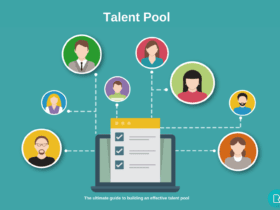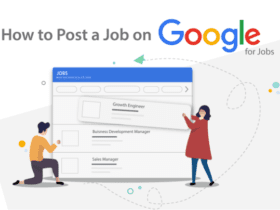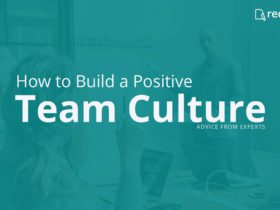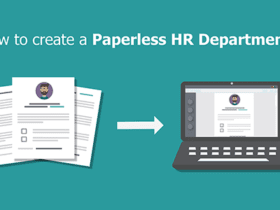

This article is solely dedicated to talent pools! So, we will discuss what exactly is a talent pool,
"Hire an attitude, not just experience and qualification." - Greg Savage
In today’s recruiting scenario with various advanced technologies dominating over us, recruiters need to stay ahead and updated. It’s a candidate-driven market now and to win in the battle of acquiring the best talents, recruiters need to keep up with modern talent acquisition methods and tips.
Recruiters need to be proactive and build a relationship with potential candidates even before they are ready to apply. And one of the most effective and recent tactics that recruiters need to adopt to get the best of the best candidates is to build a Talent Pool. To secure high-quality potential employees for your company’s job openings fast and cheaper, building a talent pool is a great way.
What is a talent pool?
Typically defined, the talent pool is basically a database that consists of the candidate profiles of all the potential employees who are interested in working with you.
Talent pools are very diverse consisting of information about candidates who have currently applied for your open job positions, as well as candidates who are sourced, referred, or exist through some other source. The radius of a talent pool can be limited to a specific area of expertise or skill set. Otherwise, it may be focused on a broad group of candidates who are expertise in multitasking.
Talent Pools are rapidly becoming popular in the recruiting market for talent acquisition. Modern recruiters and HR professionals usually consider talent pools as reserves of interesting and effective talents they can turn to whenever there’s a vacancy in their organizations.
Importance of a talent pool:
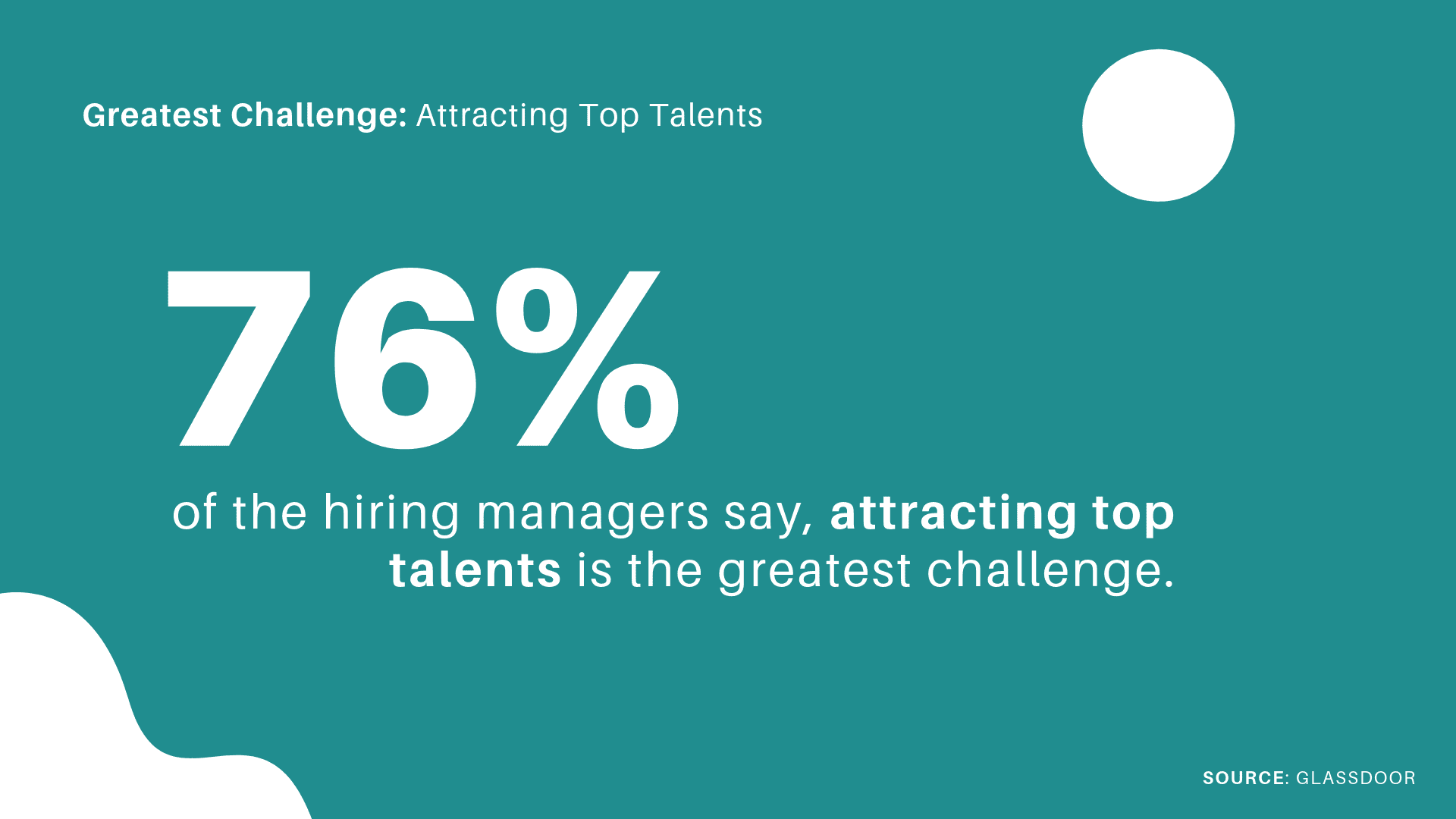

The functionality of Talent Pools is extremely critical to the quality of hiring, diversity in hiring, and the pace of hiring. Attracting top talents had become very challenging nowadays. And the reason behind this is that the job market has entirely changed.
There’s a considerable difference between the demand and supply for talent, with demand leading ahead of the supply. This gives the candidates a wide range of choices and chooses the companies they want to work for. Wheres, it leaves employers with the need to compete with each other if they’re willing to grab the best talents.
Because of these crucial changes, the way in which companies recruit has also changed. It is inclusive of all the modern tactics and methods, and building great talent pools is one of them.


How to Build an Effective Talent Pool?
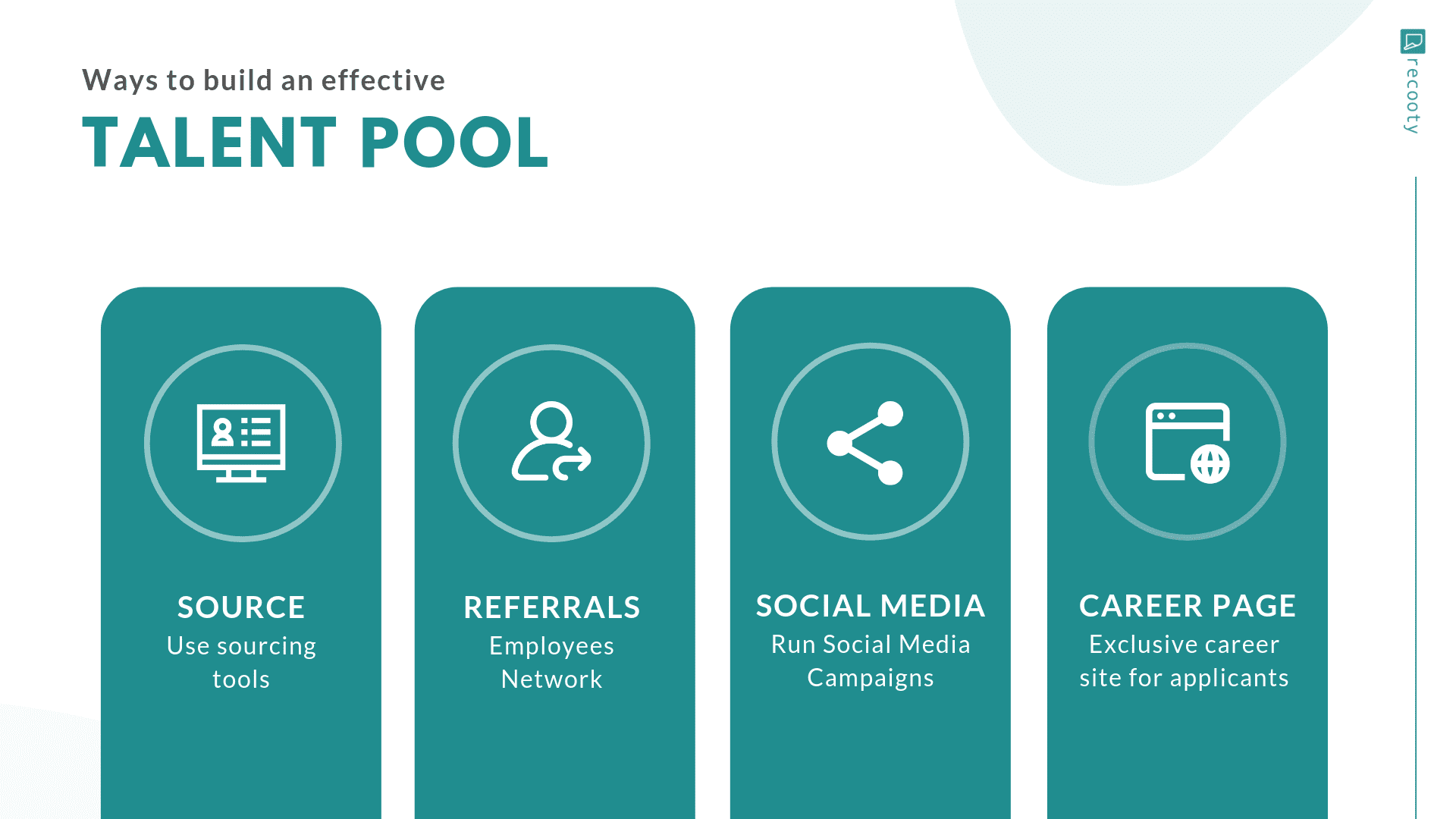

So far we’ve concluded that building a talent pool is the ultimate hack to get the top talents to work with you and your company. Now the real question arises, how and where to get started?
Here are some effective ways to get started and build an effective talent pool:
1. Identify Your Needs:
Firstly, you need to create a process that continuously assesses your talent needs. Getting a large number of applications is simply not enough. There is always going to be a disconnect present between the right candidate, the right opportunity, or the time. This is why building a talent pool helps to drive and maintain the momentum of a business.
2. Source through Emails, Social Networks & Other Channels:
Not only job sites like LinkedIn but identifying candidates through their non-professional social media accounts like Facebook, Instagram, Twitter, etc is also a great way to source candidates and reach out to them. If sourcing for a higher level or technical position, then most of your potential candidates will definitely have a presence on GitHub and LinkedIn. These are great sources to get insights into your candidate’s work.
Not only job sites like LinkedIn but identifying candidates through their non-professional social media are effective as well. Sites like Facebook, Instagram, Twitter, etc are also among the great ways to source candidates and reach out to them. If sourcing for a higher level or technical position, then most of your potential candidates will definitely have a presence on GitHub and LinkedIn. These are great sources to get insights into your candidate’s work.
3. Foster Your Efforts by Improving Your Current Practices:
What recruiters are doing now definitely and strongly affects the company’s future success. Be sure that your current practices which run your company are fostering your efforts to build a talent pool for the future. Keep your efforts updated and be aware and alert to adapt to any change in the market.
4. Involve Current Employees and Previous Applicants:
Applicants who qualify for the last round of the recruiting process shouldn’t be dismissed by recruiters. They have already shown interest in your company by applying for a job. And that is why they are an essential part of your talent pool. They should be provided with enticing candidate experience. Also, just as previous applicants, current employees also form a considerable part of a talent pool. And considering them for current as well as future roles is a good idea as well.
5. Use the Best Recruitment Tools to Manage Your Talent Pool:
Recruitment software, commonly known as an applicant tracking system is a great tool to nurture your talent pool through managing and supervising the application and interview process. It’s basically a repository for old resumes.
Benefits of a Talent Pool:
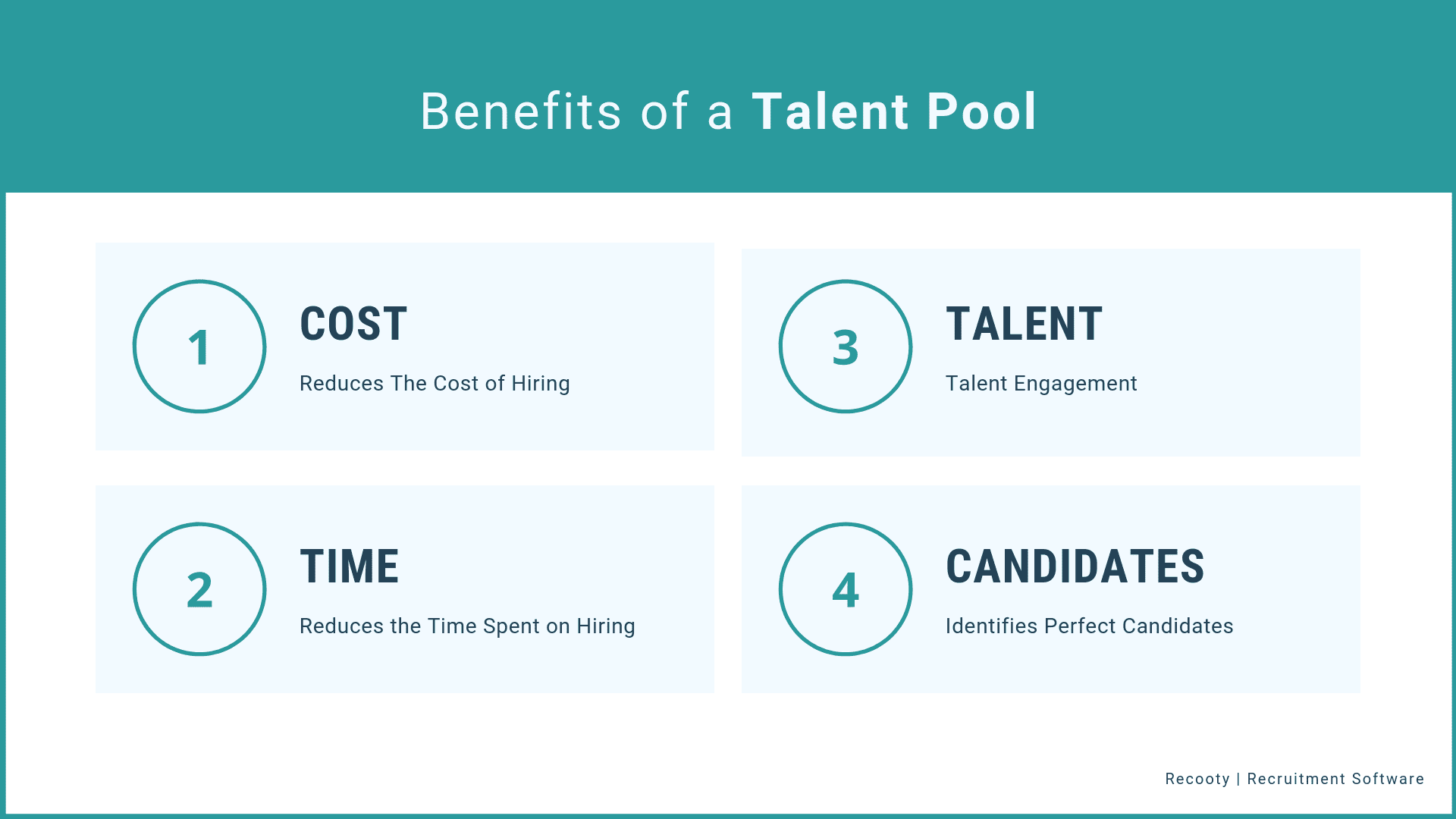

So far we sure have concluded that talent pools are an essential part of modern recruitment schemes. But what are some benefits of having a talent pool? Read on to find out!
1. Reduces The Cost of Hiring:
Conventionally speaking, recruiters need to post a job vacancy on various multiple job sites and portals and spend a considerable amount of capital. But with the presence of a well-established talent pool, you can directly look for an eligible job candidate from the talent pool and hire them. It will increase the amount of money you save for your hiring process.
2. Reduces the Time Spent on Hiring:
Since the supply is constant with a talent pool, in some way your company is always recruiting with a constant cross-check on the background of the candidate. This proactive recruitment initiative, allows you to cover job vacancies very quickly and saves a lot of time that would have been required in a company without a talent pool.
3. Talent Engagement:
Spending time and developing a good relationship with the candidates becomes a lot easier when they are part of a talent pool. With this, they have a good experience and they become more inclined towards working for your company. This enhances the candidate experience.
4. Identifies the Perfect Candidates:
Having a wide talent pool allows recruiters to have a vision and identify the candidates even before there is an open vacancy available. This ensures that your company has a constant supply of talent.
Talent Pools have become a much larger part of recruitment practices than ever before. And with the dominance of candidates over recruiters, it’s really essential to build an effective and wide talent pool to keep up in the competition of grabbing the best talents, and even winning in it.


